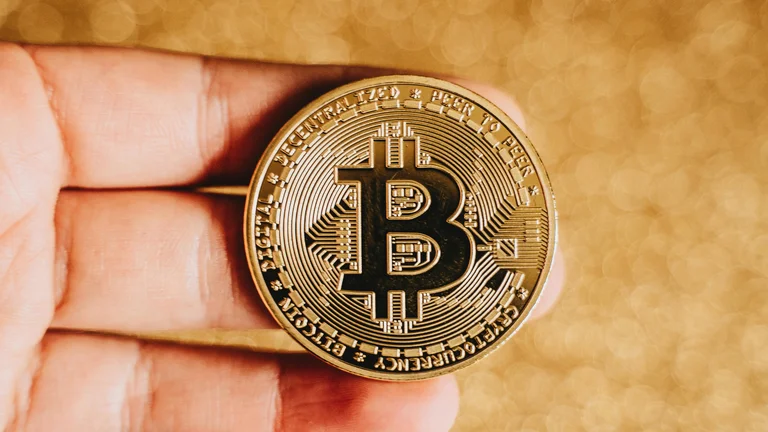Understanding Blockchain Technology

Blockchain technology serves as a distributed ledger. The significance lies in its ability to record transactions across multiple computers securely, ensuring no single entity controls the data. This decentralized nature builds trust, as alterations would require consensus from all parties on the network. Blockchain originated with Bitcoin, yet its applications extend beyond cryptocurrency.
Supply Chain Management
One promising realm for blockchain is supply chain management. Companies can trace the journey of a product from its origin to the end consumer. Each transaction creates an immutable record, improving transparency. For example, a farmer can document when produce leaves the farm. Consumers can verify the product’s history, enhancing trust in food safety and ethical sourcing.
Healthcare Innovations
In healthcare, blockchain offers promising solutions for data management. Patient records can be securely stored and accessed through a blockchain network. This ensures not only data security but also patient privacy. Healthcare providers can share information without exposing sensitive data to unauthorized individuals. Additionally, pharmaceutical companies might utilize blockchain to track drug supply chains, reducing counterfeit drugs.
Decentralized Finance (DeFi)
Decentralized finance, or DeFi, represents a transformative use of blockchain. DeFi utilizes smart contracts that automatically execute transactions when conditions are met. This eliminates intermediaries, reducing costs and speeding up processes. Users retain control of their assets through personal wallets. DeFi protocols allow lending, borrowing, and trading of assets in a fluid manner, marking a shift towards more inclusive financial systems.
Voting Systems
Blockchain technology may enhance electoral processes through secure and transparent voting systems. Voter identities can remain anonymous while their votes are securely recorded on the blockchain. This setup minimizes the risk of fraud and improves voter confidence. Countries exploring blockchain for voting find that it could simplify the process and increase participation, especially for remote voters.
| Application | Description | Benefits |
|---|---|---|
| Supply Chain Management | Tracking product journeys from origin to consumer. | Increased transparency and trust. |
| Healthcare Solutions | Secure storage of patient records. | Enhanced privacy and secure information sharing. |
| Decentralized Finance | Smart contracts for financial transactions. | Reduced costs and user control over assets. |
| Voting Systems | Secure and transparent electronic voting. | Minimized fraud and improved voter confidence. |
FAQ - Blockchain Beyond Cryptocurrency
What is blockchain technology?
Blockchain technology is a decentralized ledger system that records transactions across multiple computers without a central authority.
How does blockchain improve supply chain management?
Blockchain enhances supply chain transparency by allowing all stakeholders to access a secure and immutable record of a product's journey from origin to consumer.
What benefits does blockchain offer in healthcare?
In healthcare, blockchain ensures secure patient record management, enhances privacy, and allows for efficient sharing of information between care providers.
What is decentralized finance (DeFi)?
DeFi refers to financial services that use smart contracts on blockchain technology, enabling users to lend, borrow, and trade without intermediaries.
Can blockchain be used for voting?
Yes, blockchain can enhance voting systems by providing secure, transparent records of votes, minimizing fraud risk while protecting voter anonymity.
Blockchain technology extends beyond cryptocurrency applications. It enhances transparency in supply chains, secures healthcare data, enables decentralized finance, and improves voting systems, offering secure and efficient solutions across diverse industries.
Conclusão sobre Blockchain Beyond Cryptocurrency.